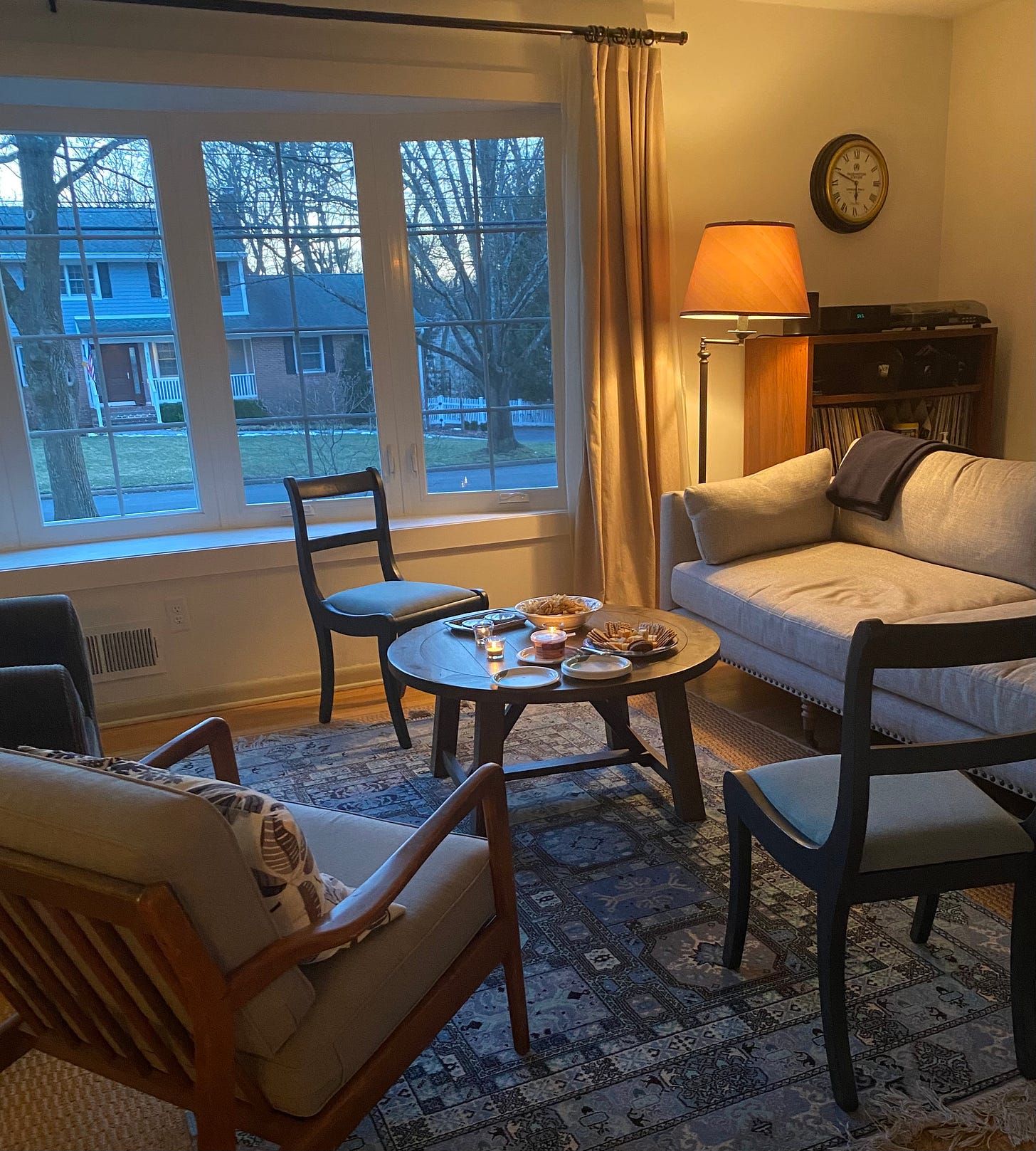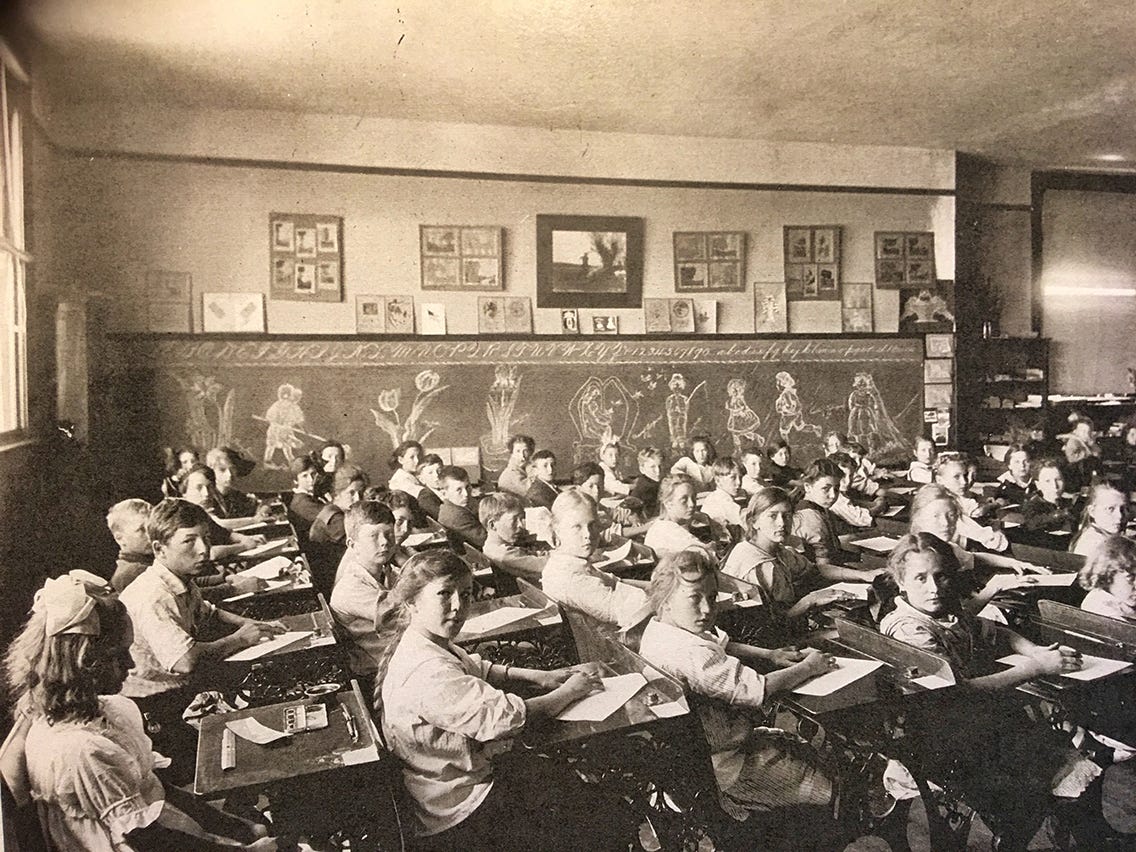In March 2020, every parent in this country was thrust into the classroom, as schools across the country shutdown for the pandemic. Parents sat side-by-side with their little kids to keep them focused on Zoom lessons. Later, they would talk through the instructions on worksheets. Even parents of older kids were more involved; they kept their teens from isolating themselves in their bedrooms with their laptops and headphones. With Zoom lessons streaming on multiple devices in public spaces in the home, parents actually saw their children’s teachers in action for the first time and formed opinions.
Parental involvement went beyond homework and mental health. They also marched into school board meetings across the nation, loudly advocating for their positions on masks and curriculum. Their views were felt in the voting booth as the angry parent vote swung state elections, and may also play a critical role in the the midterm elections this November. Parents took the front stage in education politics like never before.
With the pandemic easing — my son went to school without a mask for the first time this week! Woot! — parents are not walking away from schools. Much to the annoyance of some education leaders, parents are demanding a seat at the decision-making table. In the past month, I’ve heard many parents say, “Now what? I want to keep going to school board meetings and demanding meaningful change, but I’m not sure what I should prioritize.”
Here’s where I come in.
Last week, I started a niche newsletter for special education parents, called The Great Leap. Next week, I will launch a new one called The Educated Parent — All the education research, advice, and context to help parents become better advocates for their children and all kids.
I’m arranging the apps and the chairs for a party for educated parents. The wine bottles are uncorked. Hope you join us.
from the my upcoming newsletter, The Educated Parent
The Educated Parent: Coming soon
This is “The Educated Parent”, a newsletter to help parents become better advocates for their kid and all kids.
I have a PhD in political science with a specialty in education politics. As a professor at Columbia’s Teachers College and other institutions, I taught classes on education policy and American government. I have been an education writer for ten years, publishing my work in many publications, including The Atlantic, Edutopia, and more.
I’m also a parent, so I totally understand the frustrations of advocating for your kid in a system that doesn’t always enjoy input from parents. I also feel the pressure to balance my advocacy for own children, with advocating for kids outside my own little world. Many of us were forced to play a very active role in educating our children over the pandemic, and want to continue thinking about those issues, now that the pressure from the pandemic have eased.
I’m here to help!
Every Monday, this newsletter will provide an “explainer” on one hot topic. I’ll decipher the latest academic research and bust through edu-speak to provide real answers and context on topics that parents care about, including:
What is the most effective reading method?
Why do some schools have more resources than others?
Why should my child learn a foreign language in school?
How can I convince my daughter to take a computer science class?
Will a varsity sport really help my teen get into college?
Picture: Oregon School Classroom, 1915, Public Domain
Click here to subscribe
from my newsletter, The Great Leap
The Great Unknown:
What happens to special ed kids after high school?
When my older son was a junior in high school, we started preparing him for college. Nearly 90 percent of the students at his school goes to a four-year college, so there was a huge formal and informal support system to guide us through the SATs, applications, and all that. I didn’t need too much help, but if I did have a question, his guidance counselor could find an answer.
Jonah is now a senior at Rutgers finishing off the last of his requirements for a major in political science. He had some rough moments and missed opportunities due to the pandemic, but he’s back on track. When he’s done, he’ll get a job, move into an apartment with friends, and eventually get married. He’s on the middle class moving train. Of course, I worry about him from time to time. He still needs some guidance and will certainly face obstacles and hardships of some sorts in the future, because that’s how life works, but his future is mapped out, and it’s all good.
My younger son, Ian, has high functioning autism, which means that he has average to superior cognitive abilities, but poor social skills. He also struggles with reading comprehension. Ian can’t go directly to college, like his older brother, because he might interrupt a programming class to inform his professor of a grammar error, he couldn’t handle the chaos of a dorm, and he would be very overwhelmed.
Finish reading here.
LINKS
Lots of business here today. Going forward, I won’t use the Apt. 11D newsletter to cross promote other newsletters. I know that I have used up everyone’s brain space, so just a few links before I finish up this note.
On the blog this week, we talked about the Ukraine and the pain at the pump, weight loss methods, and what to do with the unemployable.
On Instagram, I shared pictures of a trip down to my older son’s school for lunch — one of the benefits of having him attend the flagship state college. Last Friday, I hosted a “movie for the quirky teens downstairs and wine for the parents upstairs” party. Families like ours aren’t included in school or community events, so we have to make our own fun. Picture here.
Picture above: Prepping for the parent party.





